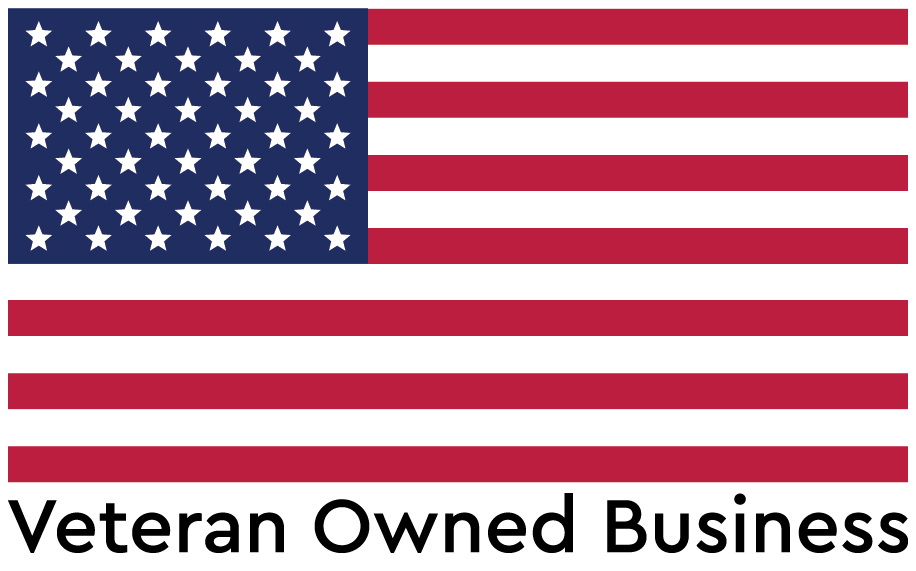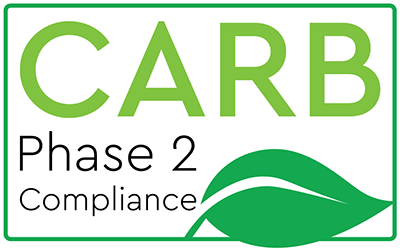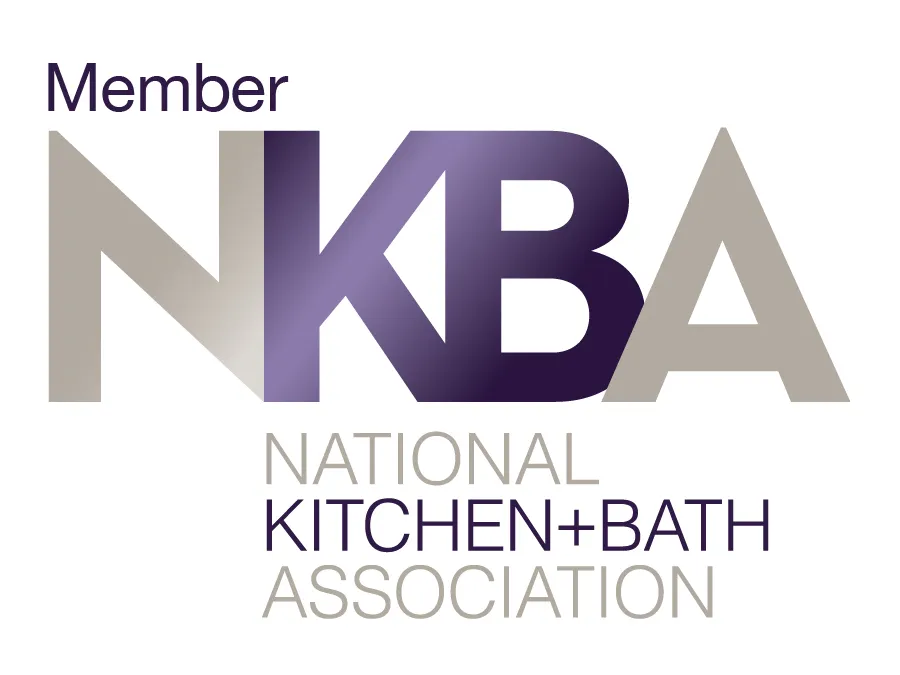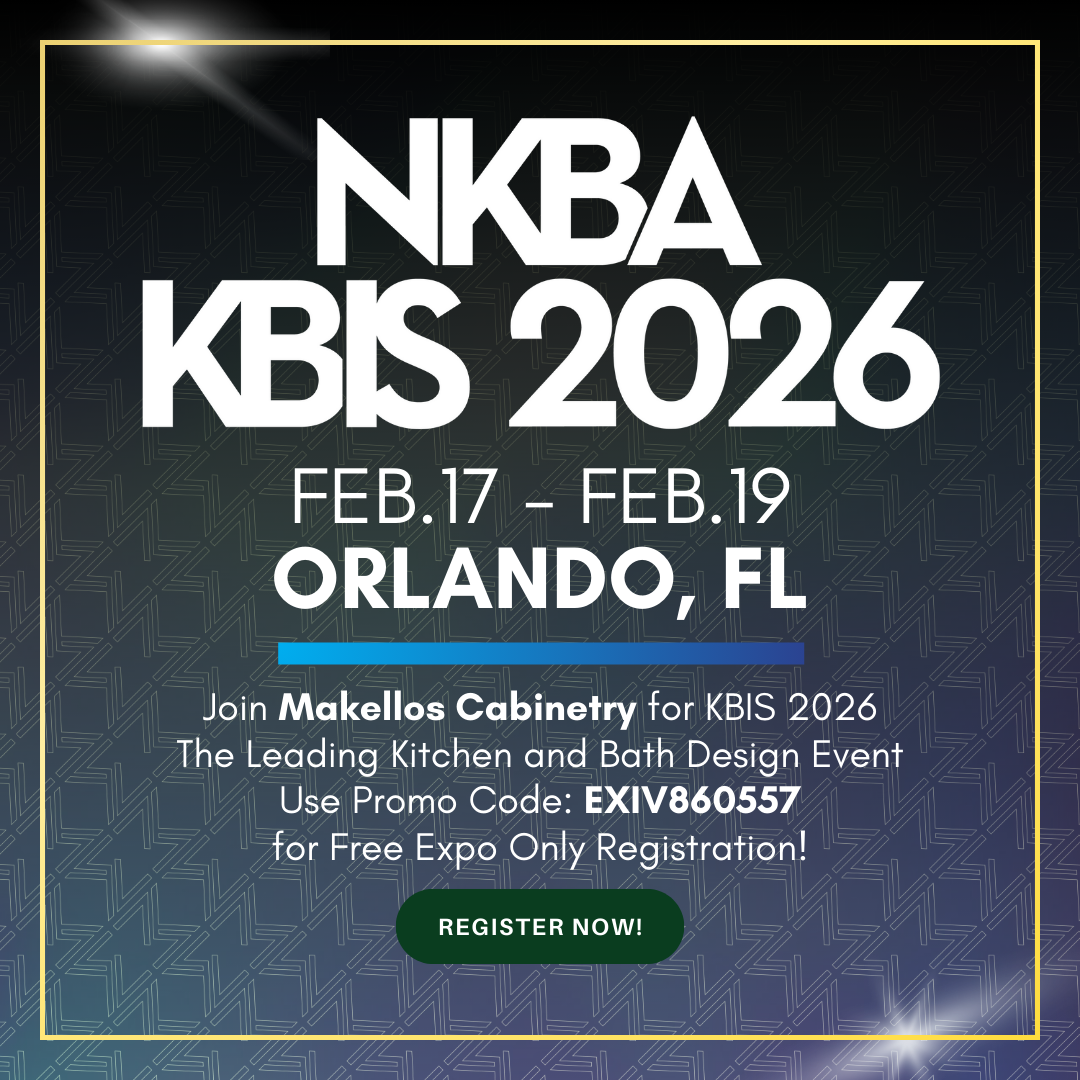SERVICE
We strive to provide exceptional customer service through flexible scheduling, efficient services, and innovative solutions resulting in value to the customer and company.
QUALITY
We take pride in providing high value products and services that we stand behind, which ensures customer satisfaction, profitability and the future of our employees and our growth.
SATISFACTION
We listen to the business needs of our partners and end user and aim to surpass their expectations by delivering quality solutions at an affordable price.
EVÖK COLLECTION
Introducing the EVÖK Collection, our newest line of frameless cabinets. With its modern design and innovative features, it's the perfect choice for creating a contemporary and functional kitchen.
EURO COLLECTION
Experience the elegance and functionality of our EURO Collection. Our European-style frameless cabinets are designed to bring a sleek and modern look to your kitchen. With their clean lines and seamless design, these cabinets are perfect for contemporary homes.
CLASSIC COLLECTION
Our Classic Collection showcases the perfect blend of traditional craftsmanship and modern functionality. Each cabinet is meticulously crafted to bring elegance and durability to your kitchen.
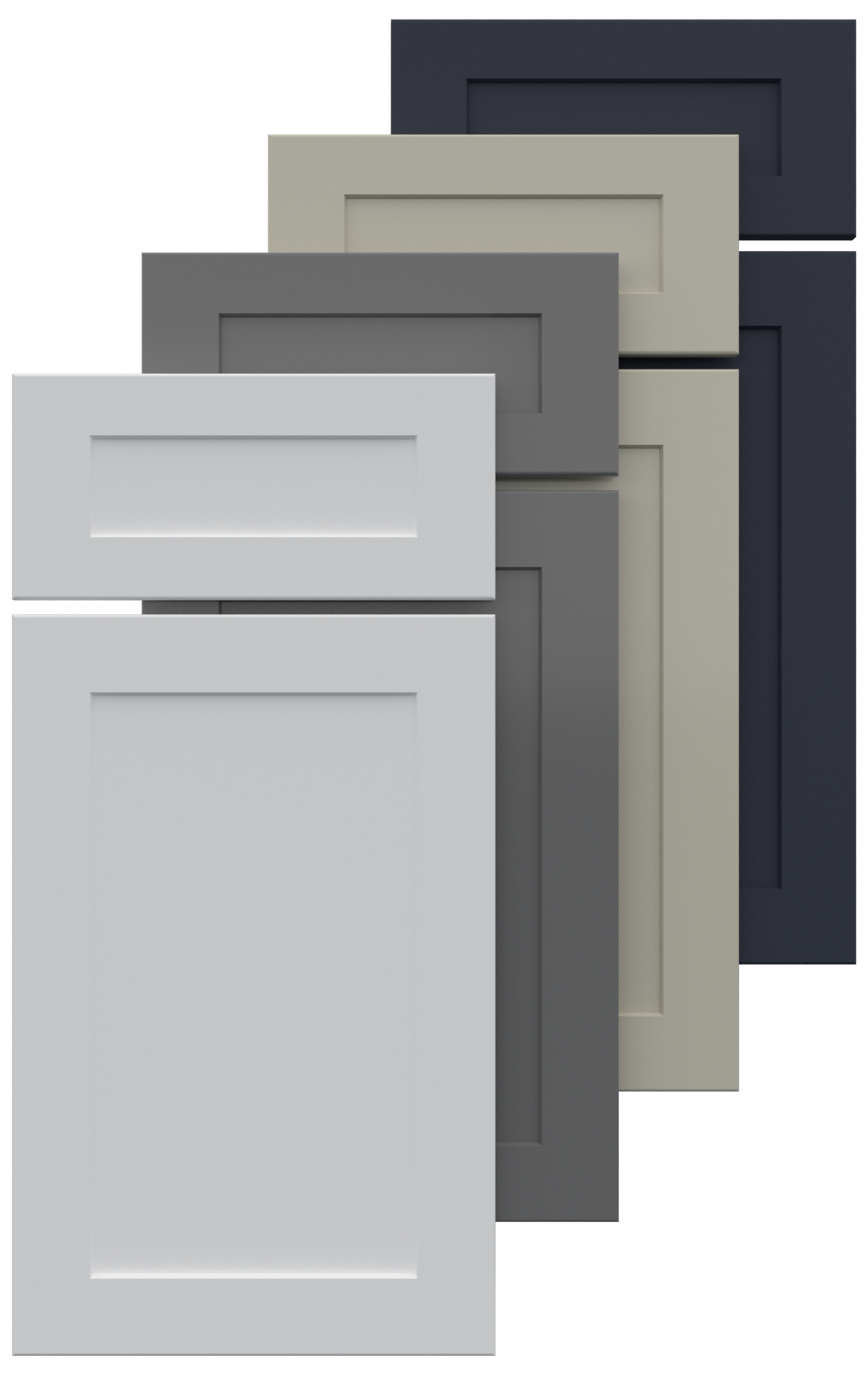
STRIVE FOR SIMPLICITY
DELIVERS SOPHISTICATION.
Everything we put our name to is made from the finest materials just for you. We take pride in sourcing premium quality material because we know just how much a difference it makes. We simply wouldn’t do it any other way.
DOWNLOAD OUR
CATALOGS.
MAKELLOS CARES!
At Makellos we know that if we’re all going to be able to enjoy the fruits of our labor and the effort that goes into making a house feel like home, we all need to be working together. It’s why we take pride in being a company that cares about the way we make our products, and not just the end result.
We ethically source all of our materials, and make sure that we embed sustainability in everything we do. When you bring all of these components together you are left with a company that cares today, tomorrow and for years to come — this is exactly who we want to be.
Caring about our customers, our products and the world we all share is at the center of everything we do. Without this approach we simply wouldn’t be who we are, so we stay true to it during every step of our journey.
Discover Quality Kitchen
Cabinets Today
Explore our wide range of kitchen cabinet options and find the perfect fit for your home.

